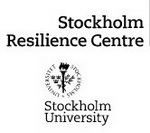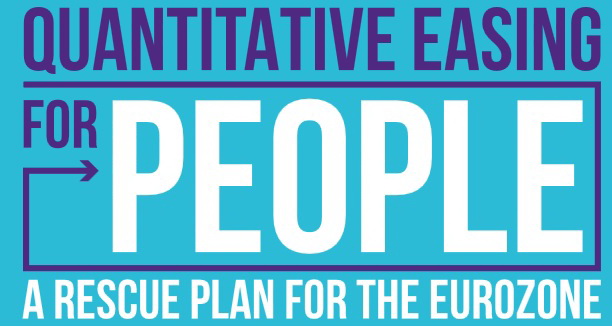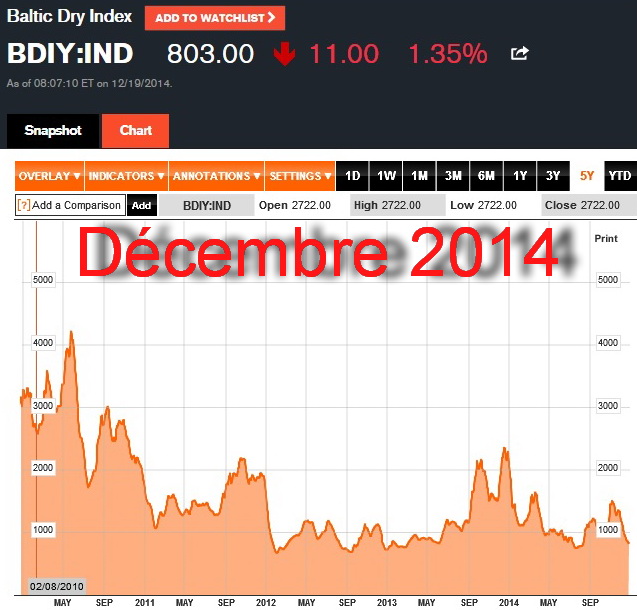Ce post contient 5 liens externes - Optimisé écran 21/9 et affichage taille réelle sans zoom sous Firefox
 As Vice-President of the European Parliament,
As Vice-President of the European Parliament,
Younous Omarjee wants to protect cohesion funds
Younous Omarjee (GUE/NGL) was elected vice-president of the European Parliament on Tuesday, 16 July, a first for a racially diverse MEP from an outermost region, and he aims to bring the voice of peripheral areas to the heart of the European institutions.
Omarjee first became an MEP in 2012 but was elected to the vice-presidency of the European Parliament in the second round of voting, with 311 votes out of 609 cast.
Originally from Réunion Island, he is an important figure on the French left within the European institutions and has supported Jean-Luc Mélenchon, the leader of France Insoumise (LFI), since the early 2010s.
In an interview with Euractiv, the MEP confirms that his “political positions are totally different from those of Ursula von der Leyen”, but that he is ready to “work with her to defend the interests of France and European citizens”.
Omarjee, who chaired the Committee on Regional Development during the last term of office, stresses that he has already obtained commitments from the President of the European Commission Ursula von der Leyen, who was re-elected for a second term on 18 July with 401 votes out of 720.
“I pushed for years for the creation of a Pact for the Oceans, and Ursula von der Leyen has assured me this will be implemented during the new term. She is due to announce the content of this plan shortly”.
At a time when nationalist parties are more present than ever in the European Parliament, Omarjee is also making the defence of cohesion funds one of his priorities when there is a strong temptation to reduce the budget allocated to the Union’s most disadvantaged regions at the risk of “making European policies less coherent”. Cohesion policy accounts for a third of the EU budget, with €351.8 billion allocated between 2014 and 2020 and €337.8 billion between 2021 and 2027. “The aim of cohesion policy is to make up for distortions in the Union’s development and to reduce the territorial divide within member countries”, continues Omarjee. “Europe must maintain this solidarity, even if the procedures for allocating and monitoring these funds need to be simplified. Brussels controls too much, monitors too much and punishes too much.” The election of Omarjee marks France’s return to the vice-presidency of the European Parliament following the departure of Sylvie Guillaume (PS/SD) in 2019. It is also the first time that an MP from the French overseas departments and territories has been appointed vice-president, which is “an immense source of pride for the citizens of these regions”.
---------------------------------------------------------------------------

 Non à l'ethnocide biotechnologique, aux nécrotechnologies, au
Non à l'ethnocide biotechnologique, aux nécrotechnologies, au 

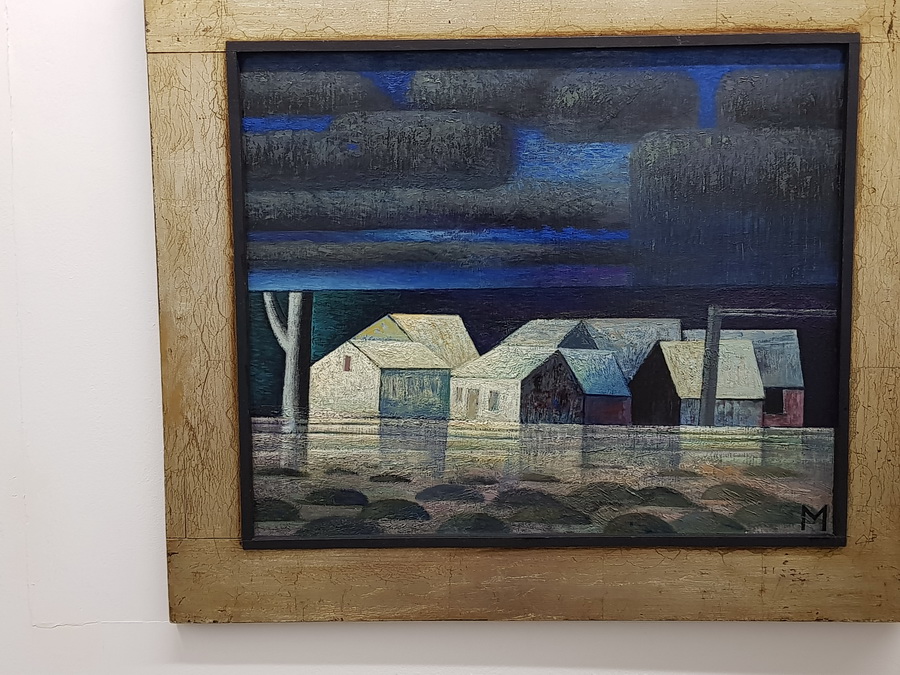
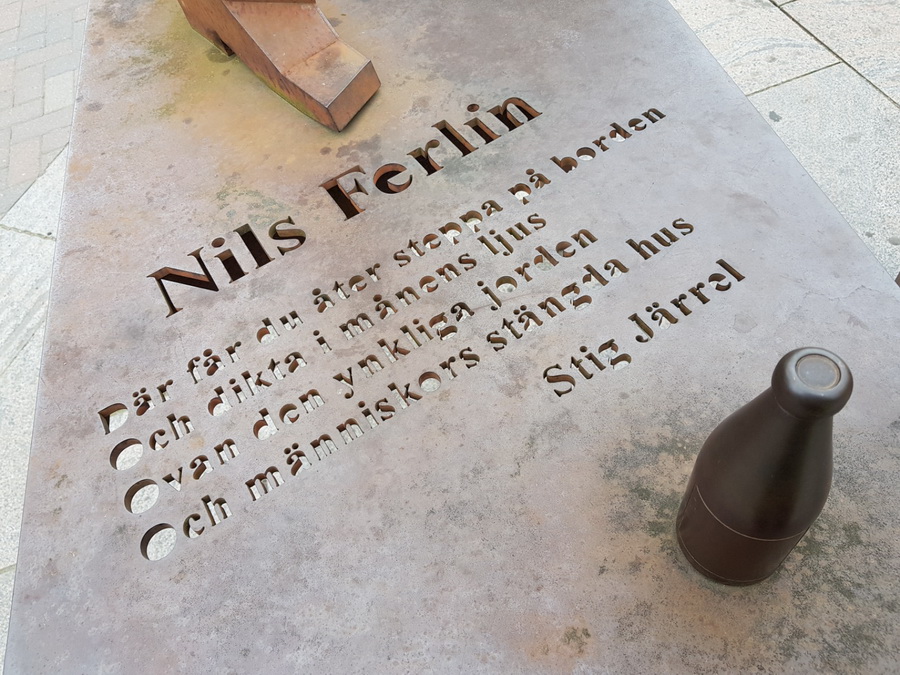 Il y aura peut-être une fenêtre climatique pour imposer une «
Il y aura peut-être une fenêtre climatique pour imposer une « 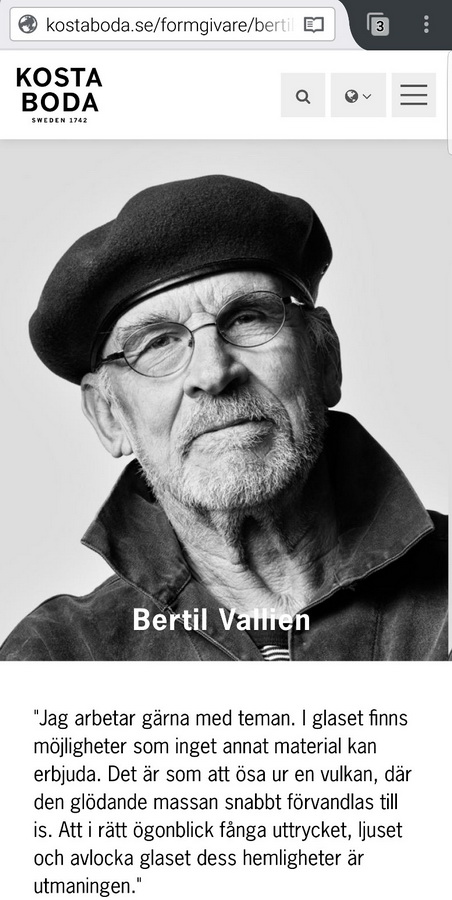 ——————————
——————————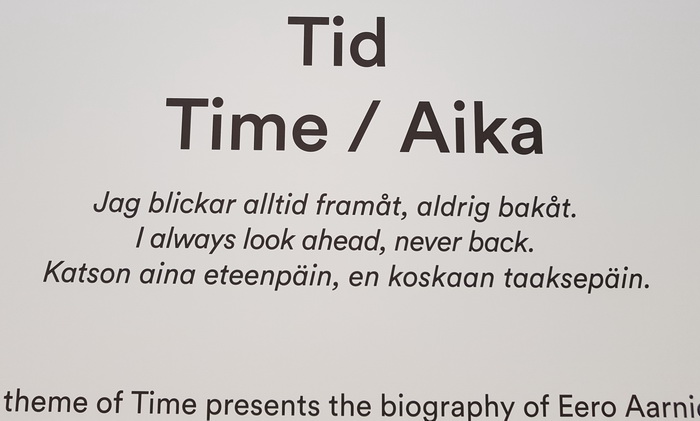 ———————————————————————-
———————————————————————-
 L'Europe et sa fondation, la concurrence libre et non faussée, le libre échange sur les marchés et sa fondation, l'information pure et parfaite, sont des architectones, des constructions abstraites données à habiter pour ne pas discerner que nous vivons tous dans un monde parallèle et que les lobbies, dont la fondation est la réelle circulation libre des capitaux, ont pris la place de la société civile dans nos "démocraties". Ces architectones sont élaborés pour être appréhendés et habités par l'énergie restante du débat sociétal afin de laisser pendant ce temps à l'État Providence monétaire toute la liberté de nous cerner dans un dumping humain irrémédiable.
L'Europe et sa fondation, la concurrence libre et non faussée, le libre échange sur les marchés et sa fondation, l'information pure et parfaite, sont des architectones, des constructions abstraites données à habiter pour ne pas discerner que nous vivons tous dans un monde parallèle et que les lobbies, dont la fondation est la réelle circulation libre des capitaux, ont pris la place de la société civile dans nos "démocraties". Ces architectones sont élaborés pour être appréhendés et habités par l'énergie restante du débat sociétal afin de laisser pendant ce temps à l'État Providence monétaire toute la liberté de nous cerner dans un dumping humain irrémédiable. Pour cette entrée de recherche sur Google
Pour cette entrée de recherche sur Google  Le 21 janvier 2010 le Parlement français va se prononcer sur la transposition de la Directive Bolkenstein 2 de libéralisation des services.
Le 21 janvier 2010 le Parlement français va se prononcer sur la transposition de la Directive Bolkenstein 2 de libéralisation des services.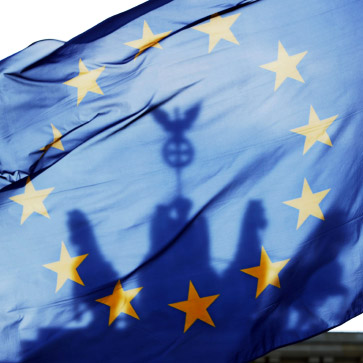 La Cour Constitutionnelle allemande a rejeté en l'état le Traité de Lisbonne le 30 juin 2009 tout en indiquant qu'il est compatible avec la Loi Fondamentale allemande (Constitution allemande).
La Cour Constitutionnelle allemande a rejeté en l'état le Traité de Lisbonne le 30 juin 2009 tout en indiquant qu'il est compatible avec la Loi Fondamentale allemande (Constitution allemande).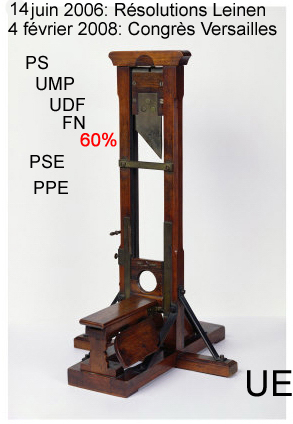

 Le PS fait campagne avec Jo Leinen dans le PSE pour les Élections Européennes du 7 juin 2009.
Le PS fait campagne avec Jo Leinen dans le PSE pour les Élections Européennes du 7 juin 2009.
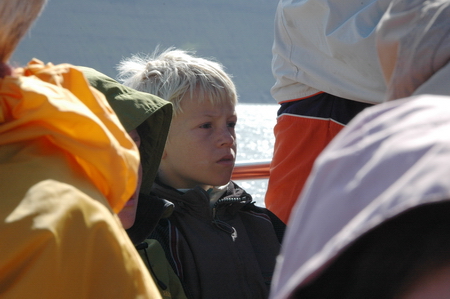
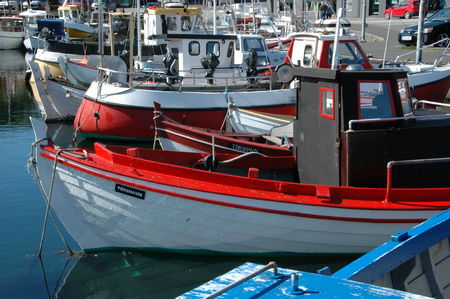 Mon objectif était de faire de
mon blog un petit entonnoir, en évitant les commentateurs et trolls et
copains
pollueurs qui font augmenter artificiellement le ranking ou l'autorité
d'un site, mais qui ne placent pas ce site en première page de Google
pour les recherches de surfeurs web. Je pense que mes articles que j'ai
écrits d'avance sur les
Mon objectif était de faire de
mon blog un petit entonnoir, en évitant les commentateurs et trolls et
copains
pollueurs qui font augmenter artificiellement le ranking ou l'autorité
d'un site, mais qui ne placent pas ce site en première page de Google
pour les recherches de surfeurs web. Je pense que mes articles que j'ai
écrits d'avance sur les  L'Irlande est en faillite. Aujourd'hui le gouvernement annonce une baisse de 7% des salaires des fonctionnaires. Au Royaume-Uni et en Irlande les travailleurs font des "wildcat strikes" (grèves sauvages) pour empêcher l'emploi des travailleurs étrangers ou pour réserver les emplois aux nationaux. Une grève sauvage est la cessation collective, en dehors de toute consigne syndicale, volontaire et concertée du travail par des salariés refusant d'astreindre leurs revendications au seul cadre de leurs préoccupations professionnelles. Aujourd'hui, l'un de mes étudiants qui fait son Master à Dublin, m'envoie un mail que tous les étudiants étrangers ont reçu. En y parlant de "sustainable developement" et même de "sustainable Ireland" le gouvernement a autorisé une augmentation des droits d'études aux étudiants étrangers. Sur la photo prise à Dublin, vous voyez comme la xénophobie n'attend que très peu de temps pour s'exprimer. En 10 ans l'Irlande avait fait venir 1 million de Travailleurs de Pologne, des Pays baltes... pour amplifier l'effet de levier sur la compression des salaires déjà bien appliquée avec le dumping fiscal et le dumping social. Que des paradigmes s'effondrent, il m'amuse; que l'on fasse porter la responsabilité sur les petites-gens, et sur les encore plus petites-gens me rappelle les moments du
L'Irlande est en faillite. Aujourd'hui le gouvernement annonce une baisse de 7% des salaires des fonctionnaires. Au Royaume-Uni et en Irlande les travailleurs font des "wildcat strikes" (grèves sauvages) pour empêcher l'emploi des travailleurs étrangers ou pour réserver les emplois aux nationaux. Une grève sauvage est la cessation collective, en dehors de toute consigne syndicale, volontaire et concertée du travail par des salariés refusant d'astreindre leurs revendications au seul cadre de leurs préoccupations professionnelles. Aujourd'hui, l'un de mes étudiants qui fait son Master à Dublin, m'envoie un mail que tous les étudiants étrangers ont reçu. En y parlant de "sustainable developement" et même de "sustainable Ireland" le gouvernement a autorisé une augmentation des droits d'études aux étudiants étrangers. Sur la photo prise à Dublin, vous voyez comme la xénophobie n'attend que très peu de temps pour s'exprimer. En 10 ans l'Irlande avait fait venir 1 million de Travailleurs de Pologne, des Pays baltes... pour amplifier l'effet de levier sur la compression des salaires déjà bien appliquée avec le dumping fiscal et le dumping social. Que des paradigmes s'effondrent, il m'amuse; que l'on fasse porter la responsabilité sur les petites-gens, et sur les encore plus petites-gens me rappelle les moments du 
 La
La 
 L’établissement des règles de concurrence reste le domaine réservé
de la Commission européenne, qui dispose toujours, avec la Cour Européenne de
Justice (CEJ), d’un pouvoir de sanction. Ce
sont elles qui ont simulé un veto suspensif provisoire contre les Plans
de restitution de la confiance bancaire (500 milliards pour
l'Allemagne, 360 milliards pour la France, 1700 milliards pour la zone Euro...) ou contre les Plans de
relance de l'économie. Après un examen des dossiers l'accord est donné
avec les avertissements d'usage.
L’établissement des règles de concurrence reste le domaine réservé
de la Commission européenne, qui dispose toujours, avec la Cour Européenne de
Justice (CEJ), d’un pouvoir de sanction. Ce
sont elles qui ont simulé un veto suspensif provisoire contre les Plans
de restitution de la confiance bancaire (500 milliards pour
l'Allemagne, 360 milliards pour la France, 1700 milliards pour la zone Euro...) ou contre les Plans de
relance de l'économie. Après un examen des dossiers l'accord est donné
avec les avertissements d'usage.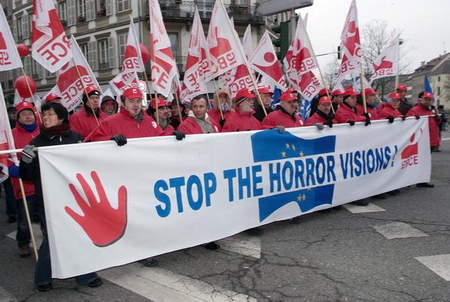

 Il avait été impossible de débloquer en France l'été dernier 1,3 milliards pour les chômeurs de longue durée car les "caisses de l'État sont vides" et "
Il avait été impossible de débloquer en France l'été dernier 1,3 milliards pour les chômeurs de longue durée car les "caisses de l'État sont vides" et " Selon Valéry Giscard d'Estaing qui avait dirigé et coordonné les
Conventionnels qui avaient rédigé le Projet pour le Traité
Constitutionnel Européen, le Traité de Lisbonne reprend 97% du TCE.
Selon Valéry Giscard d'Estaing qui avait dirigé et coordonné les
Conventionnels qui avaient rédigé le Projet pour le Traité
Constitutionnel Européen, le Traité de Lisbonne reprend 97% du TCE.

















